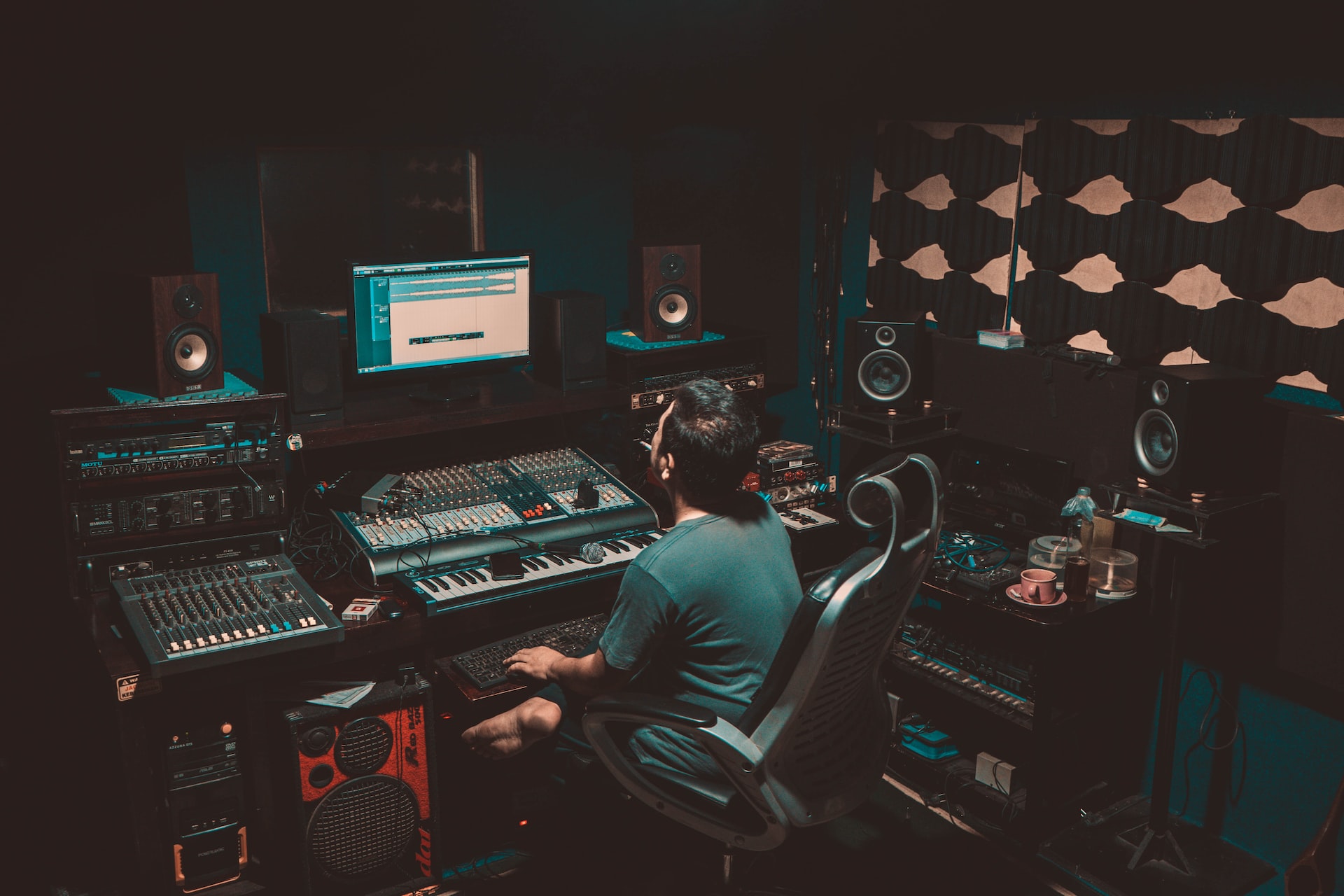The world of film has changed dramatically since its inception in the late 19th century. One of the most important aspects of film that has evolved over the years is the movie soundtrack. In this article, we will explore the history of movie soundtracks and how they have impacted both the music and film industries.
Definition of a Movie Soundtrack
A movie soundtrack is a recorded music accompaniment to a film. It can include both the music used in the film and the original score composed specifically for the film. The purpose of a movie soundtrack is to enhance the emotional impact of the film and to help establish the tone and atmosphere.
Early Movie Soundtracks
Silent Film Era (1890s-1920s)
The first movie soundtracks were created during the silent film era in the late 19th century. During this time, films were accompanied by live musical accompaniment, usually provided by a pianist or small ensemble. The music was used to help set the tone and atmosphere of the film. Additionally, sound effects were sometimes used to enhance the action on screen.
Pre-Talkie Era (1920s-1930s)
The Pre-Talkie Era (1920s-1930s) saw the continued use of musical accompaniment and sound effects, but also marked the introduction of the first sound films. These films featured synchronized dialogue, music, and sound effects, which allowed filmmakers to create a more immersive experience for viewers. Additionally, the use of popular music in films became more common, as filmmakers sought to create a more emotionally engaging atmosphere. During this time, the use of soundtracks to create a unified, thematically-relevant score was also introduced, allowing filmmakers to craft a more cohesive experience.
Modern Movie Soundtracks
Talkies (1930s-present)
The introduction of the talkies in the 1930s marked the beginning of the modern era of movie soundtracks. With the introduction of synchronized dialogue, musical accompaniment and sound effects became even more important in helping to set the tone and atmosphere of the film. Popular songs began to be used in films more frequently, as filmmakers sought to create a more immersive experience for viewers. Additionally, the use of sound effects became more sophisticated, with the introduction of sound mixing and editing techniques. This allowed filmmakers to create more complex and dynamic soundtracks that could help to further enhance the viewing experience.
Post-WWII Era (1950s-present)
The post-WWII era saw the introduction of the Hollywood musical, which often featured elaborate musical numbers with popular songs. Additionally, the concept album was introduced in the 1950s as a way to create a unified soundtrack for a film. This allowed filmmakers to create a cohesive soundtrack that was both emotionally and thematically relevant to the film.
Impact of Movie Soundtracks
Impact on Music Industry
The impact of movie soundtracks on the music industry has been profound. The use of popular music in films has helped to increase the popularity of certain genres, such as jazz, rock, and hip-hop. Additionally, the sales of soundtracks have increased dramatically, as moviegoers seek to purchase the songs they heard in the film. Finally, certain artists have seen an increased popularity due to their music being featured in films.
Impact on Film Industry
The impact of movie soundtracks on the film industry has also been significant. The use of popular music in films has helped to increase the appeal of certain films, as viewers are more likely to be drawn to films that feature their favorite songs. Additionally, the use of popular music has helped to increase box office revenue, as viewers are more likely to attend films that feature their favorite songs. Finally, the use of popular music in films has helped to make them more culturally relevant, as viewers are more likely to discuss films that feature their favorite songs.
Conclusion
In conclusion, the history of movie soundtracks is a long and fascinating one. From the silent film era to the modern era, movie soundtracks have evolved dramatically. The use of musical accompaniment and sound effects has helped to set the tone and atmosphere of films, while the use of popular music has helped to make films more appealing and culturally relevant. The impact of movie soundtracks on both the music and film industries has been profound, and it is clear that the role of the soundtrack will continue to be an important one in the years to come.
